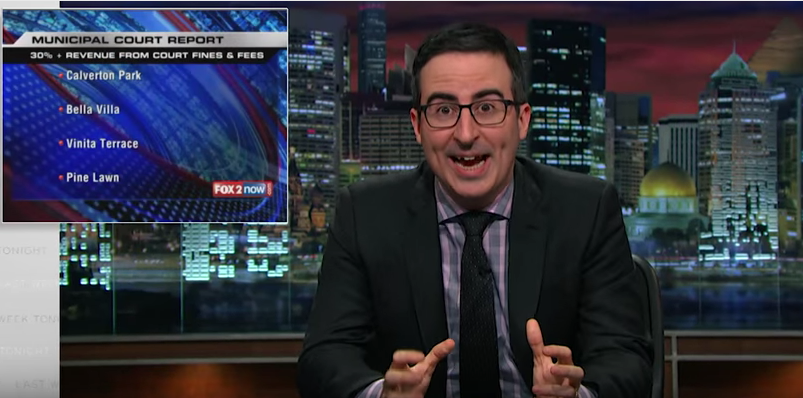Texas Judge Criticizes State for Using Poor People Like 'Cash Cows'
By:
A judge in a San Antonio, Texas' municipal court has some strong words about how his state profits by issuing citations to poor people who struggle to pay them back.
In a letter to Texas' Office of Court Administration obtained by BuzzFeed News, John W. Bull did not mince words about a state program that rakes in nearly half a billion every two years from court fees for low-level violations like traffic fines and trespassing.
"Courts are not a Pay-Day Loan company," he wrote, adding that the "constant pressure to bring in 'revenue'" from the state collections program has effectively turned municipal courts into "cash cows."
According to BuzzFeed, Texas' state government, which skims about 30 percent off of municipal fees, brought in $236 million last year from things like speeding tickets issued by municipal law enforcement. That's because in Texas, a large percentage of local court fees feed the state's budget, not necessarily the city's.
Bull argues in his letter that the system places judges in the roll of bill collector for the state. He writes:
"One of our primary roles at the Court is not to collect money but to see that every individual is treated fairly throughout the process." — Judge John W. Bull
Rebecca Bernhardt, executive director of the Texas Fair Defense Project, told ATTN:, that municipal fines create a perverse incentive for law enforcement and justice officials.
"We want police officers to issue traffic tickets in a manner that makes us more safe, that advances public safety. If what is instead happening is that we've created an incentive to enforce those laws because they make the government money, then the whole bureaucracy starts operating for a different reason. — Rebecca Bernhardt
She added, "the municipal courts are torn between more than one task."
 Wikimedia/versageek - wikimedia.org
Wikimedia/versageek - wikimedia.org
Even though courts and state law are supposed to protect people who cannot afford to pay fines from excess fees, poor people in Texas — and nationwide — regularly find themselves accruing stacked fees for failing to pay.
Other courts across the country have been criticized for aggressively handing out tickets as a way to drive revenue. A Justice Department report on civil rights violations by police in Ferguson, Mo., last year, found police there competed to see how many tickets they could write, relied on citation revenue to bolster their chances at promotion, and even bragged when court clerk staff were back logged with people waiting to pay fees.
The comedian John Oliver even devoted a segment to municipal violation fees, in which he highlighted a report of the cities and towns surrounding Ferguson.
 YouTube/LastWeekTonight - youtube.com
YouTube/LastWeekTonight - youtube.com
In one town, Calverton Park, officials relied on court fines and fees for 66 percent of their city's budget. "When that much of your budget comes from fines, you're actually rooting for people to break the law," Oliver quipped.
Read Judge Bull's letter here.
